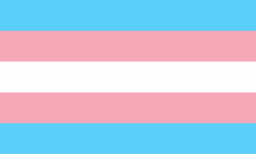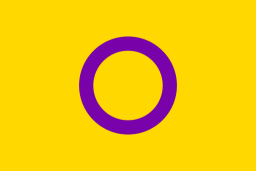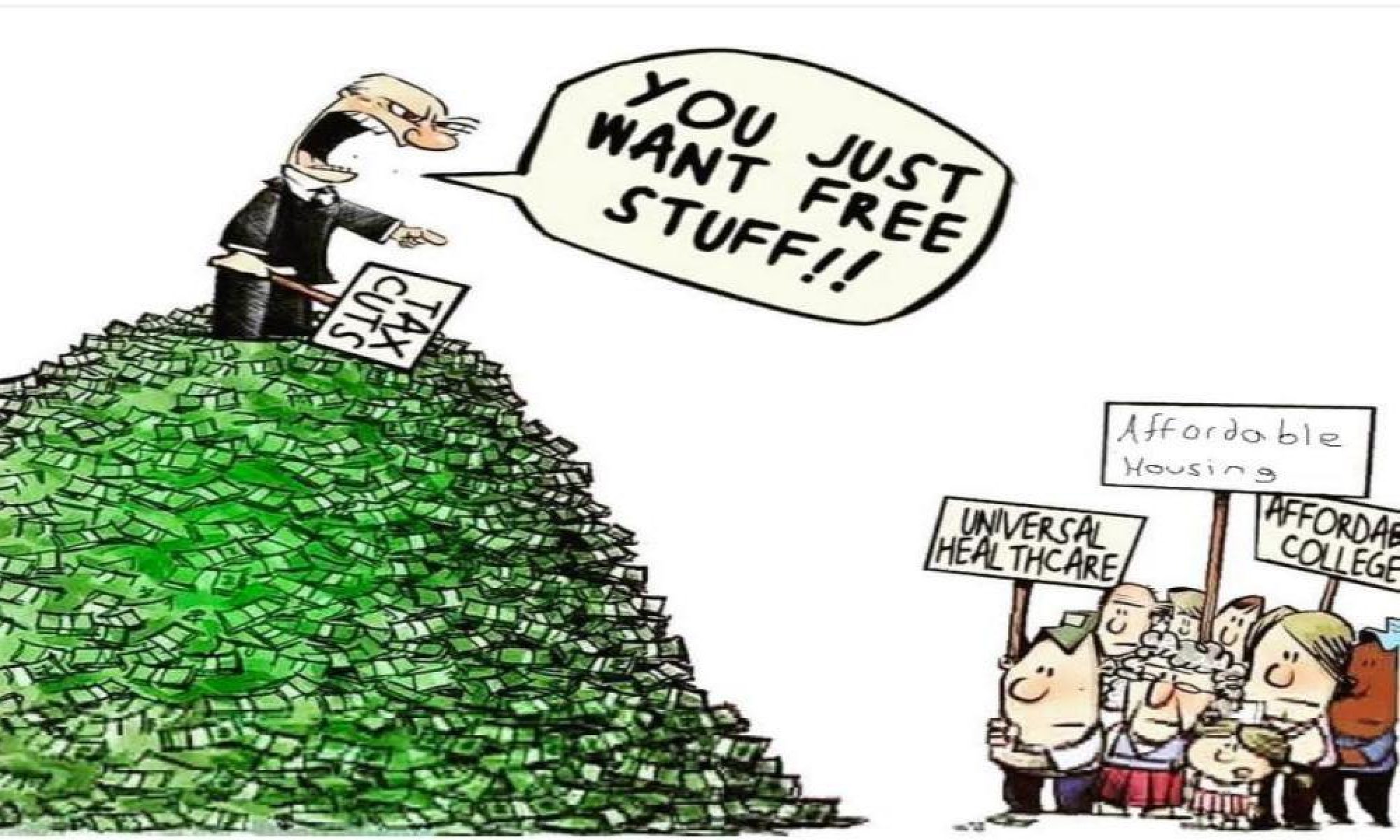支持性少数平权是社会主义者的标配之一。但有无耻的右派因此指责社会主义者“拿支持性少数平权来为自己贴金,从而掺杂反自由市场私货”,我只能说这种垃圾不是傻逼就是无知到极点,社会主义者开始支持性少数平权的时候,你们这种进步右派的爷爷还没出生呢(进步右派上世纪六十年代之后才开始出现)。现在就让你们这些垃圾看看,世界上最早支持性少数平权的是谁吧。
社会主义并不是在诞生之日就明确宣布支持性少数平权的,事实上恩格斯还公开表示过对同性性行为的厌恶(在《家庭,私有制和国家的起源》中有相关内容),这是恩格斯的个人偏见,需要批评(我是没有“为尊者讳”这种臭毛病的,该批评的就是要批评,无论是谁)。但恩格斯的个人偏见可不等于社会主义观点。
1898年,德国社会民主党创始人之一的August Babel(倍倍尔)率先公开支持同性恋平权,成为世界上第一个在公开辩论中支持性少数平权的政治人物。简单介绍一下当时的情况:On 13 January 1898, the leader of the great German Social Democracy, August Bebel, took the floor of the Reichstag, during a discussion of penal code reform, to argue for a petition being circulated by the Scientific Humanitarian Committee calling for the repeal of Germany’s sodomy statute, Paragraph 175. The Scientific Humanitarian Committee (wissenschaftlich-humanitäre Komitée), the world’s first activist homosexual rights organization, was itself only nine months old at the time, having been founded on 15 May 1897 by Magnus Hirschfeld, Max Spohr, and Erich Oberg.
1898年1月13日,伟大的德国社会民主党领袖August Bebel在讨论刑法改革时,发表了国会大厦的讲话,为了支持科学人道主义委员会要求废除德国刑法的第175段的鸡奸法律而辩论。科学人道主义委员会(wissenschaftlich-humanitäreKomitée)是世界上第一个活跃的同性恋权利组织,当时只有九个月大,由Magnus Hirschfeld,Max Spohr和Erich Oberg于1897年5月15日成立。
While he may not have been the first politician to support homosexual emancipation — before him we should at least have to give credit to Napoleon’s Chancellor, Cambacérès — Bebel so far as we know was the first to speak out in public debate.
虽然他可能不是第一个支持同性恋解放的政治家 – 在他之前,我们至少应该赞扬拿破仑的首相Cambacérès——迄今为止Bebel是我们知道的第一个在公开辩论中为此发言的人。
Bebel was one of the first four men to sign the Scientific Humanitarian Committee’s petition, which originally was in the form of a manifesto (the other three were Ernst von Wildenbruch, Richard von Krafft-Ebing, and Franz von Liszt). With the prestige of Bebel and the support of the Social Democracy behind it, the early homosexual rights activists were at least assured of a hearing, although their main goal, the repeal of Germany’s sodomy statute, was only to be realized seven decades later. The support of the Social Democracy for the homosexual emancipation movement continued for three and a half decades — until both movements were destroyed by the triumph of Nazism in 1933. and just as the socialists were the strongest (almost the only) supporters of homosexual rights, the most zealous opponents were to be found in the Center Party, the political arm of the Roman Church.
Bebel是签署科学人道主义委员会请愿书的最前面的四人之一,该请愿书最初是以宣言的形式出现的(其他三人是Ernst von Wildenbruch, Richard von Krafft-Ebing, 和Franz von Liszt)。在Bebel的声望和社会民主党的支持下,早期的同性恋权利活动家至少得到了被听取的保证,尽管他们的主要目标—废除德国的鸡奸法律,在七十年后才实现。社会民主党对同性恋解放运动的支持持续了三十五年—直到1933年纳粹主义的胜利摧毁了这两个运动。正如社会主义者是同性恋权利的最强(以及几乎唯一的)支持者一样, 最热心的对手是在罗马教会的政治分部中央党中找到的。
来源:On Homosexuality and the Penal Code
可以看到,在当时并非只有倍倍尔一人支持同性恋平权,事实上支持同性恋平权是当时德国社会民主党的共识,而在当时唯一支持同性恋平权的,只有社会主义者。什么?你问奥派在干什么?奥派忙着抹黑社会主义和给法西斯主义洗地,而法西斯主义从来都是标配敌视性少数的,无论是墨索里尼的意大利还是希特勒的纳粹德国,都把本国的性少数抓进集中营。
然后,再猜猜世界上第一个废除压迫性少数的法律的国家是哪个?
答案揭晓:苏俄!别不相信,看看资料吧:Within two months of taking power,the Soviet government abolished all laws against homosexual acts.This reform was an integral part of the Bolsheviks` social legislation designed to wipe out the medieval and even earlier oppressions perpetuated by capitalism for its own purposes.”It was necessary, it was said,”Wilhelm Reich wrote,”to take down the walls which separated the homosexuals from the rest of society.”
在掌权后的两个月内,苏维埃政府废除了所有反对同性性行为的法律。这项改革是布尔什维克的社会立法的一个组成部分,旨在为其自身目的而长期存在的资本主义的甚至更早的中世纪的压迫。“这是必要的,有人说,“Wilhelm Reich写道,”砸烂将同性恋者与社会中的其他人分开的隔离墙。“
The Bolsheviks` attitude was not merely a formal one, for incorporation into law but violated in practice. For example, the poet Mikhail Kuzmin, the first important Russian writer to make homosexual love a central theme of his work, published Zanaveshannye Kartinki, a collection of erotic verse illustrated with homoerotic drawings , in 1920. He continued publishing until 1929,well after the Stalinist bureaucracy had consolidated its hold on political power.
布尔什维克的态度不仅仅只是一种形式上的态度,形式上的态度是说法律上符合但在实践中被违反。 例如,诗人Mikhail Kuzmin是第一位将同性恋爱作为其作品中心主题的重要俄罗斯作家,于1920年出版了Zanaveshannye Kartinki,这是一部用色情绘画搭配的同性色情诗集。他继续出版直到1929年, 斯大林主义的官僚机构巩固了对政治权力的控制。
Between them,Stalinism and fascism destroyed the gay liberation movement for a generation . Only small, cautious groups survived in a few countries.
在他们之间,斯大林主义和法西斯主义在一代人的时间内摧毁了同性恋解放运动。 只有少数谨慎的小组在少数几个国家幸存下来。
It was not until the development of the modern youth radicalization in the 1960s that the opportunity again opened for the development of a militant and mass homosexual rights movement. Beginning with anti-imperialist issues, this radicalization has gradually broadened to effect oppressed nationalities , women ,homosexuals, and now,increasingly the organized working class. The June 1969 Stonewall riots, announcing the birth of the gay liberation movement, proved the truth of the observation that in this period of radicalization , there is no group that is too oppressed to struggle.
直到20世纪60年代现代青年激进化发展,才再次为发展激进和大规模的同性恋权利运动开辟了机会。 从反帝国主义问题开始,这种激进化逐渐扩大到受压迫的民族,女性,同性恋者,以及现在越来越多地变得有组织的工人阶级。 1969年6月宣布同性恋解放运动诞生的石墙暴动证明了这一观察的真实性,即在这个激进化时期,没有任何一个群体过于受压迫而无法抗争。
来源:A revolutionary strategy for gay liberation (这份资料中详细讲述了性少数平权的历史,以及对性少数的压迫的起源,我这里只摘录了一小部分,以后我会逐渐翻译介绍其他内容。)
苏俄是世界上第一个实现性少数平权的国家,这听起来非常难以置信,但就是事实。但不幸的是,布尔什维克对民主的毁灭最终导致了斯大林的崛起,而斯大林这个披着红皮的沙皇取消了之前的社会主义法律,重新将苏联拉入了沙俄的黑暗中。与此同时,苏联的变化也直接影响了受第三国际控制的各国共产党,当然也包括中国共产党,使得各国共产党都蜕变为了挂羊头卖狗肉的纳粹党。直到1956年匈牙利爆发十月起义和1968年捷克爆发布拉格之春,不少欧洲共产党才断了和苏联的关系。
当然,除了挂羊头卖狗肉的骗徒之外,社会主义者是一直都支持性少数平权的。不过我想你也注意到了,一开始性少数只包括男同性恋(Gay)和女同性恋(Lesbian),而彩虹旗实际上只是G和L的标志。而我们今天所说的LGBTQIA呢,除了B(Bisexual:双性恋)之外,其他的几个(Transgender:跨性别,Queer:非传统性别,Intersex:间性人,Asexual:无性别)形成社区都是在上世纪八十年代之后才开始的。当然,社会主义者一直以来都是谁受压迫就去支持谁的,所以也一直都同步支持所有性少数平权运动。
进步右派无耻的盗窃了社会主义者的主张,回过头来还反咬一口,此等行径真是恶心得不能再恶心了啊。社会主义者很少刻意强调多元化,因为社会主义的基础价值观是自决,自决的结果必然是多元化,反倒是进步右派盗窃了性少数平权的主张,但自身的资本主义价值观不支持,所以只能不停重复“我们要多元化”了。
最后,欣赏一下性少数们自己的旗帜吧(资料来源LGBT symbols):
Gay和Lesbian:

Lesbian也有单独的旗帜:

Bisexual:

Transgender:

Pansexuality(泛性别):

Intersex:

Asexual:

Queer是对非传统性别的统称,所以就没有自己的旗帜了。
